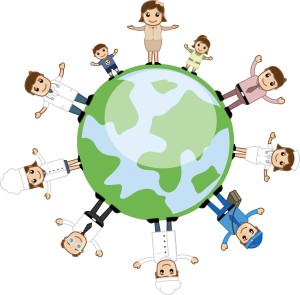 With implementation of the Common Core across the US, classrooms are seeing a shift in reading, writing, and math standards. Science is also getting a spotlight with STEM and STEAM integration. Social Studies, however, seems to get pushed into the corner. There is an importance in learning from our past and thinking about changes in society that can be incorporated into all classrooms through social studies.
With implementation of the Common Core across the US, classrooms are seeing a shift in reading, writing, and math standards. Science is also getting a spotlight with STEM and STEAM integration. Social Studies, however, seems to get pushed into the corner. There is an importance in learning from our past and thinking about changes in society that can be incorporated into all classrooms through social studies.
Kansas adopted a new History, Government and Social Studies standards curriculum in April 2013. These standards are set up to create students who are thoughtful, informed, engaged citizens. The standards can be incorporated within any curriculum with five big ideas. Each grade level focuses on a theme: Kindergarten—sense of self, First Grade—Family, Second Grade—Then and Now, Third Grade—Community, Fourth Grade—Kansas and US Regions, Fifth Grade—A New Nation, Sixth Grade—Ancient World History, Seventh Grade—Geography and Kansas History, Eighth Grade—US History. High school covers geography, Modern World History, US History, US Government, Economics, and Psychology. These themes can be found in language arts, reading, science, and mathematics to pull together a curriculum that teaches a student to think about their role in our society creating neighbors we all want to live with in a community.
So, those of you teaching outside of Kansas can follow the ideas behind this curriculum. Those of you teaching languages, writing, reading, mathematics, science can weave these ideas into your classrooms. Teaching your students to gather information from reliable sources and make thoughtful decisions will engage them as learners as well as move them towards becoming thoughtful, informed, engaged citizens.
- Choices have consequences: We see this daily in literature, mathematics, science, and societies. The choices made by a character affect the plot and story-line. Choices made in mathematics move you forward in a problem or stop the process. Choices made in science have led to solutions and medications. Ask students to work backwards from a solution or resolution to find the choice that started the process. Ask students to explain their choice in a solution and what other choices could have been made that would be more or less effective and accurate in a math problem. Ask students to think of a problem and find a choice that is moving us towards a positive and a negative solution to that problem. Students need to be directly reminded that choices have consequences.
- Individuals have rights and responsibilities: This is a hot topic in the United States. Everyone demands their rights be met, yet each individual has a responsibility to those rights. Students can find connections among rights and responsibilities in literature, scientific solutions, and technological advances. What is an important scientific discovery today? What responsibilities do individuals or our society have in the advancement of this discovery? Media and technology come with responsibilities and can lead to thoughtful discussion and materials for students to construct written ideas around. “With great power comes great responsibility,” Spiderman.
- Societies are shaped by beliefs, ideas and diversity: Humans and societies are ever evolving. America began as a melting pot bringing many beliefs, cultures, and ideas into one. Almost 400 years after the pilgrims landed at Plymouth, our society continues to change. To support this idea in history, government, and social studies standards students need to find the connections. Think of a cause and effect activity. In literature, math, science, technology have students select an event or invention and trace back to the things that led to it. What if you changed the location of the invention/event? What if you change the time period? What started the process? Get students thinking and writing about how processes are impacted by the beliefs, ideas and diversity from the culture they are created within. “We can’t solve problems by using the same kind of thinking we used when we created them,” Albert Einstein.
- Societies experience continuity and change over time: Sport, my middle school student, wrote a report this year on how we do not have new ideas in literature any more. We are simply recycling the same basic story-line and changing the details. Students can look at the idea of continuity and change in literature as well as thinking about timelines of science and technology invention. Mathematics teaching has become a hot button topic as conceptual mathematics is being taught in elementary classrooms. Have students look at how teaching a mathematics skill is the same as when their parents learned it and how the method of teaching has changed. This connection will also help parents see “new math” is just thinking about the same mathematical concepts in a different way. Change is interwoven in continuity in some way.
- Relationships between people, places, ideas and environments are dynamic: Dynamic is defined as constant change, activity, or progress. Technology has opened doors with social media and the lives of our students are forever on display. This environment extends beyond the virtual world into classrooms. Demonstrations of how quickly information can travel are simple and done often. Extend this idea by asking students to find the changes in societies from the past. Have them write about how social media can be used to better a society and how it can weaken a society. Challenge them to find societies that perished and look for the change or stagnation that caused this. By taking what they know and what they are familiar with you can push them to thinking about societies beyond the virtual level. Change is all around us.
History, government and social studies are often pushed to the back of curriculum in schools. There are many connections and exciting events we can introduce a student to, however, that can be tied into language, writing, reading, science, and mathematics classes. Social studies, the study of human environments, encompasses every aspect of our lives. Guiding students to think about the five standards above will allow them to become more productive and involved citizens. Isn’t that what our job as educators is really about?

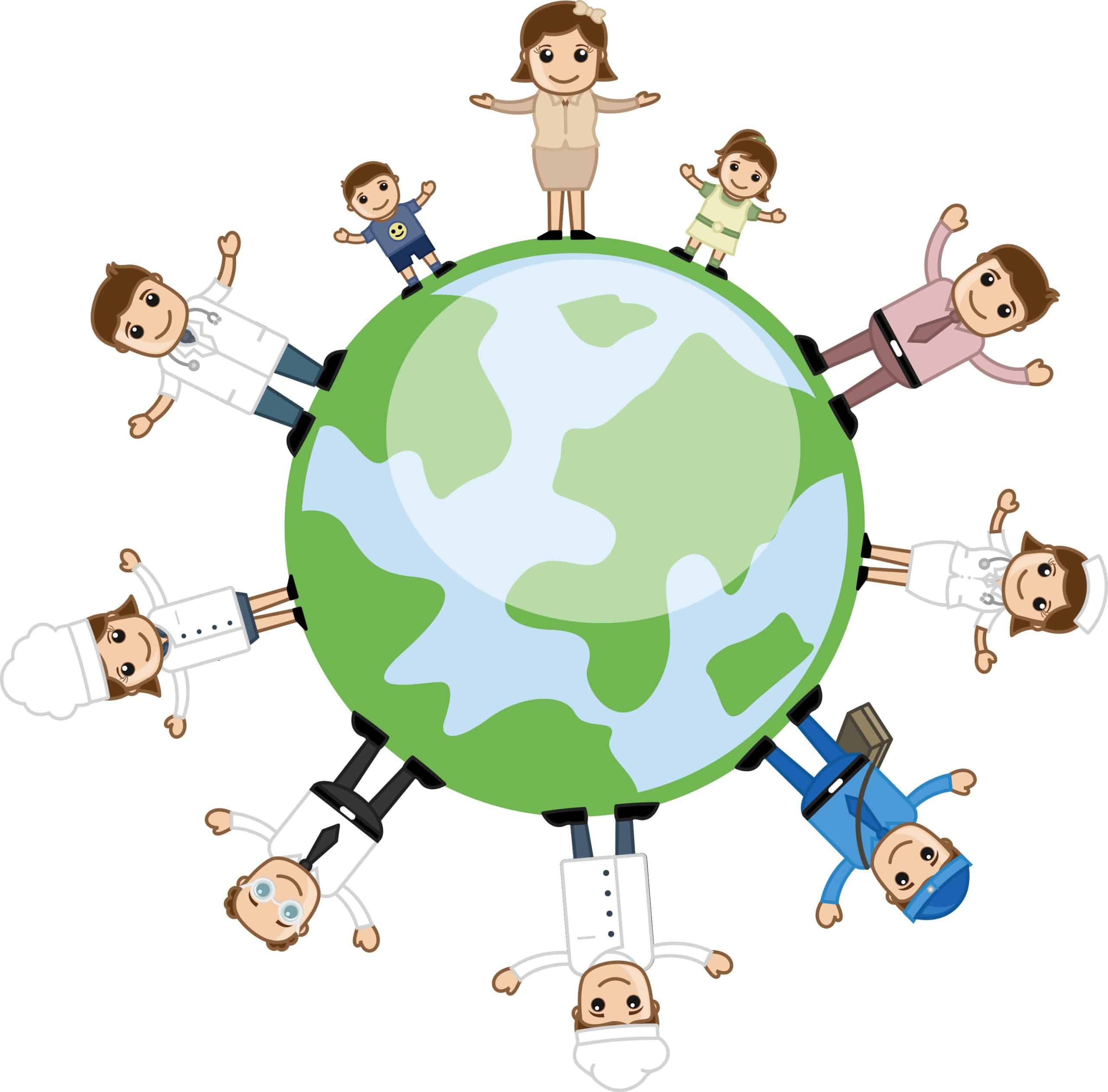


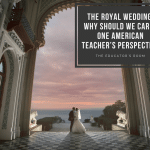
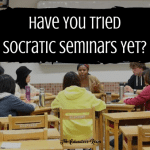
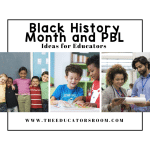
Leave a comment